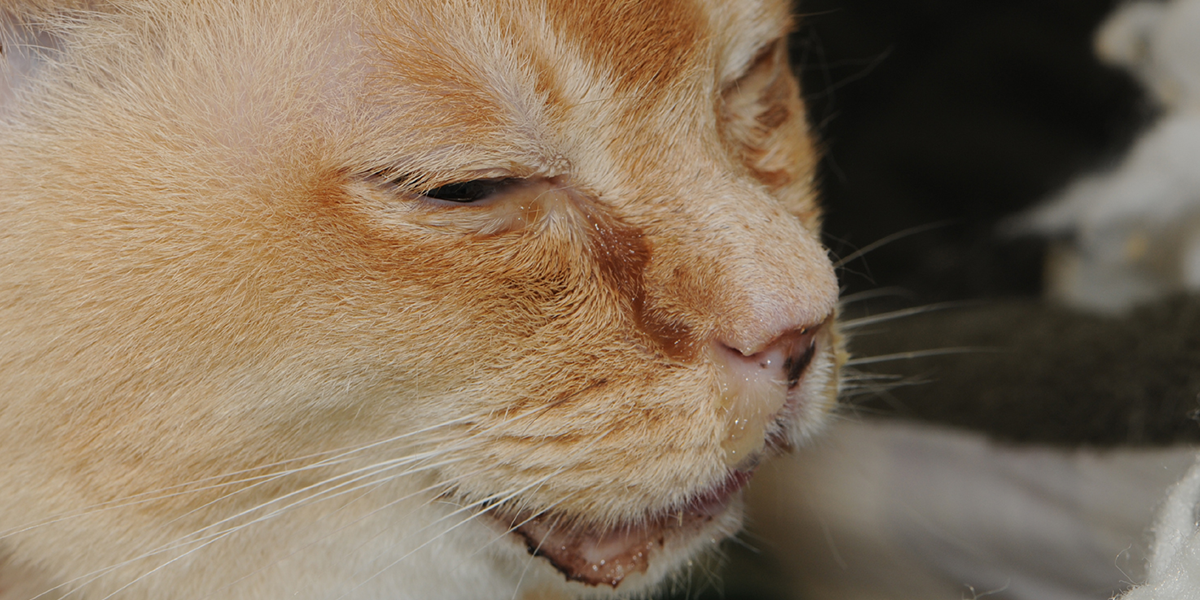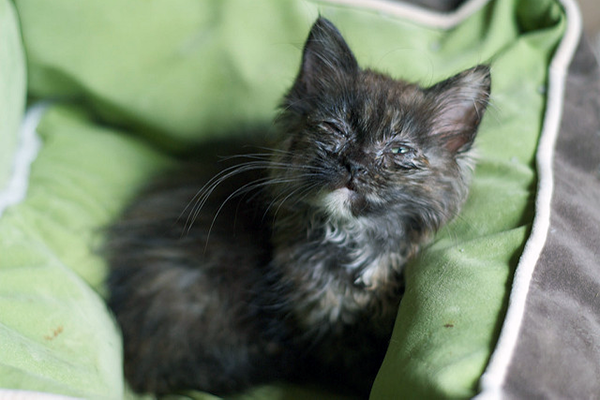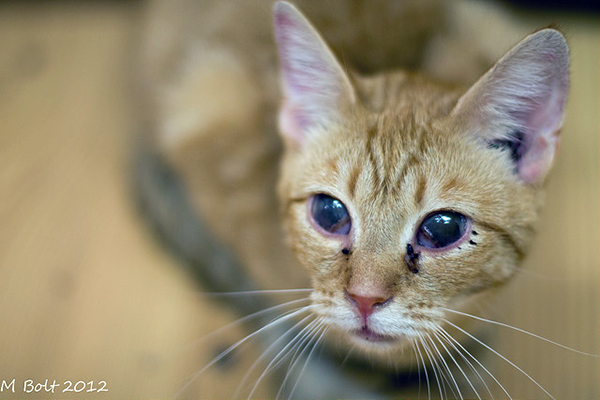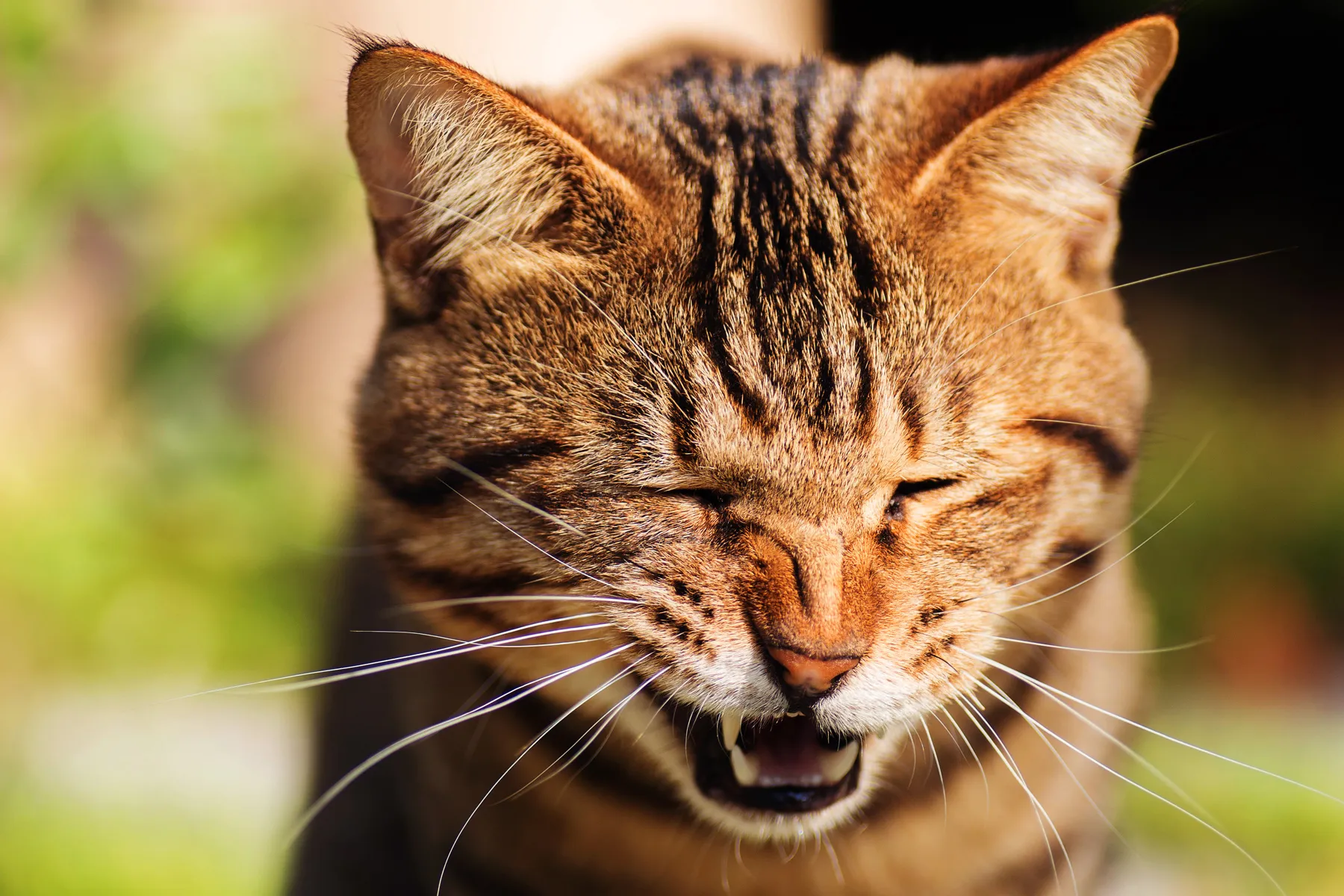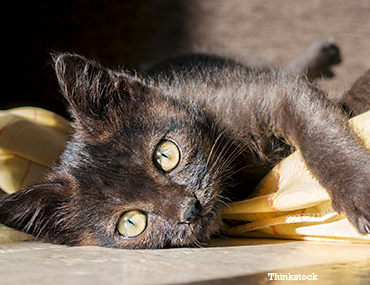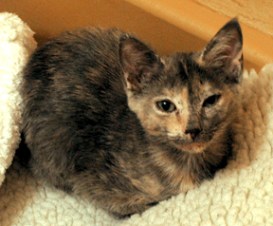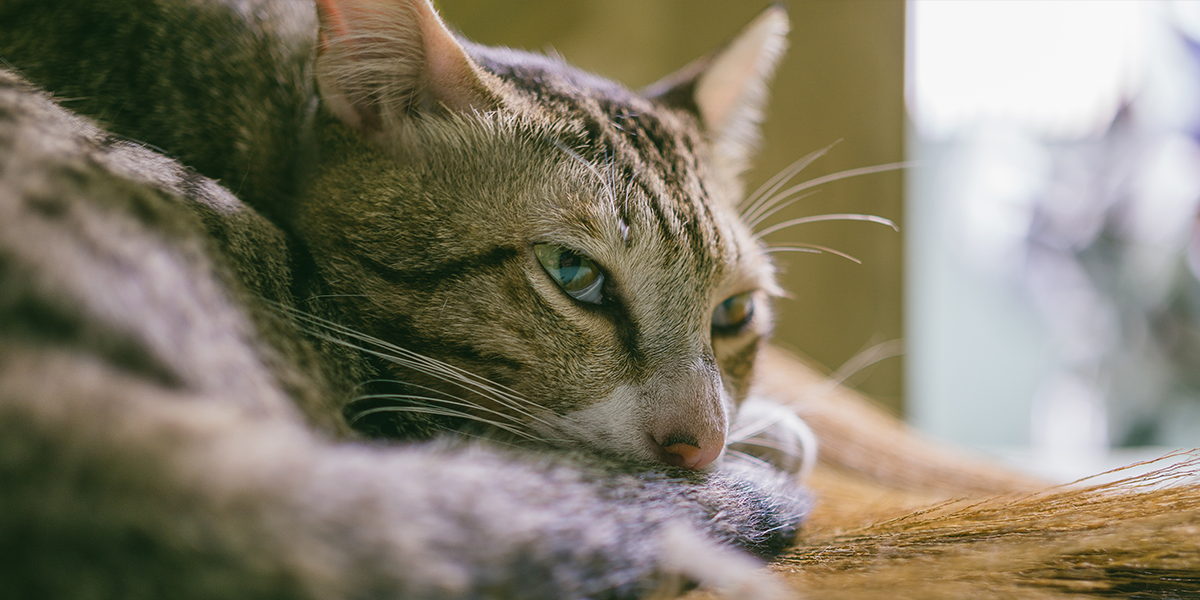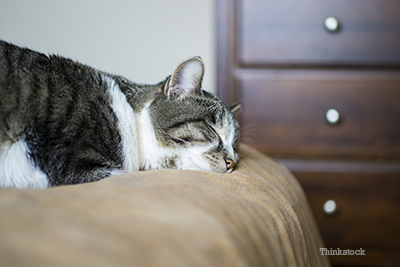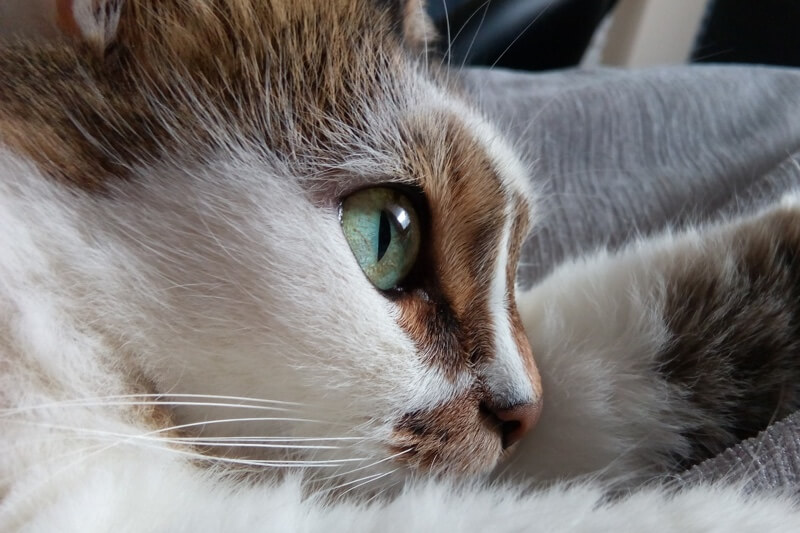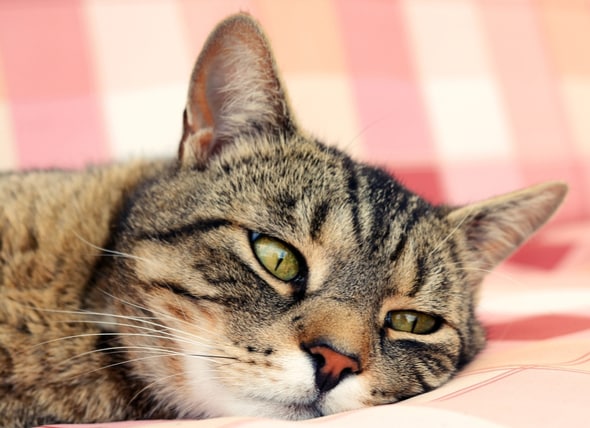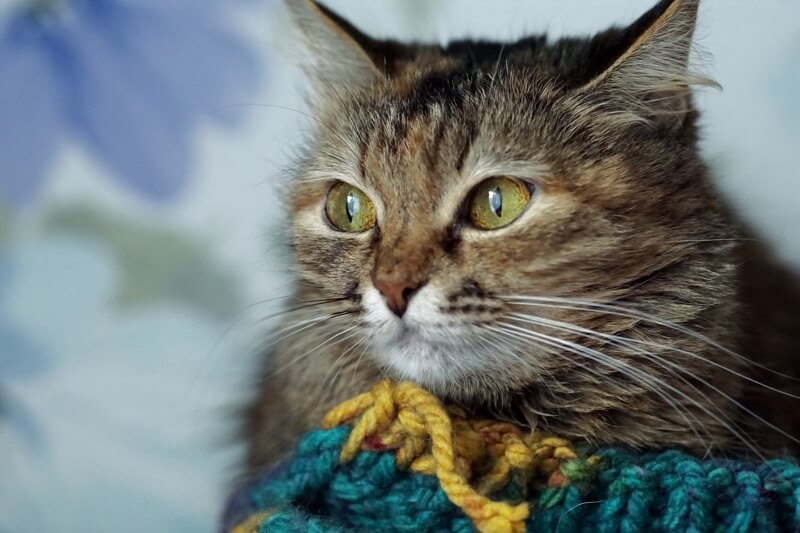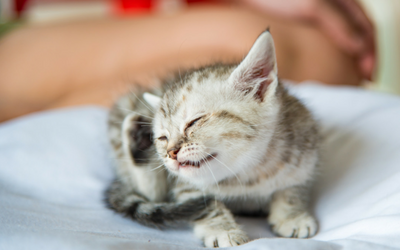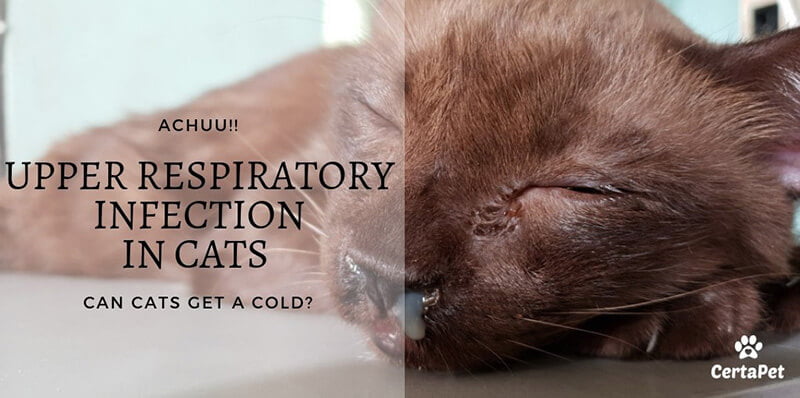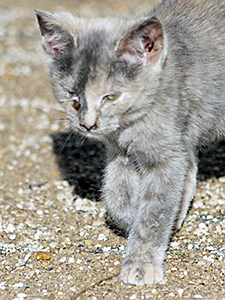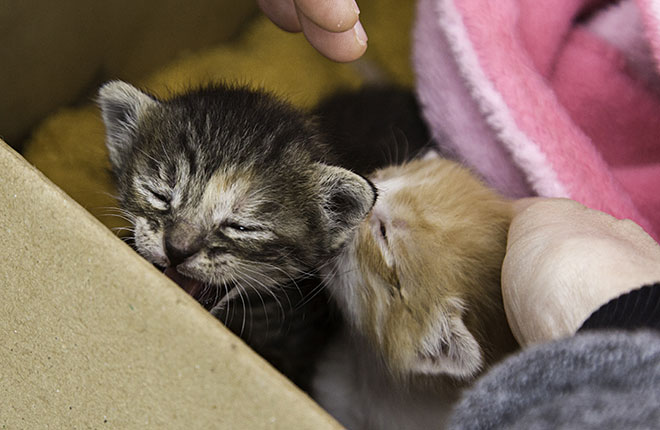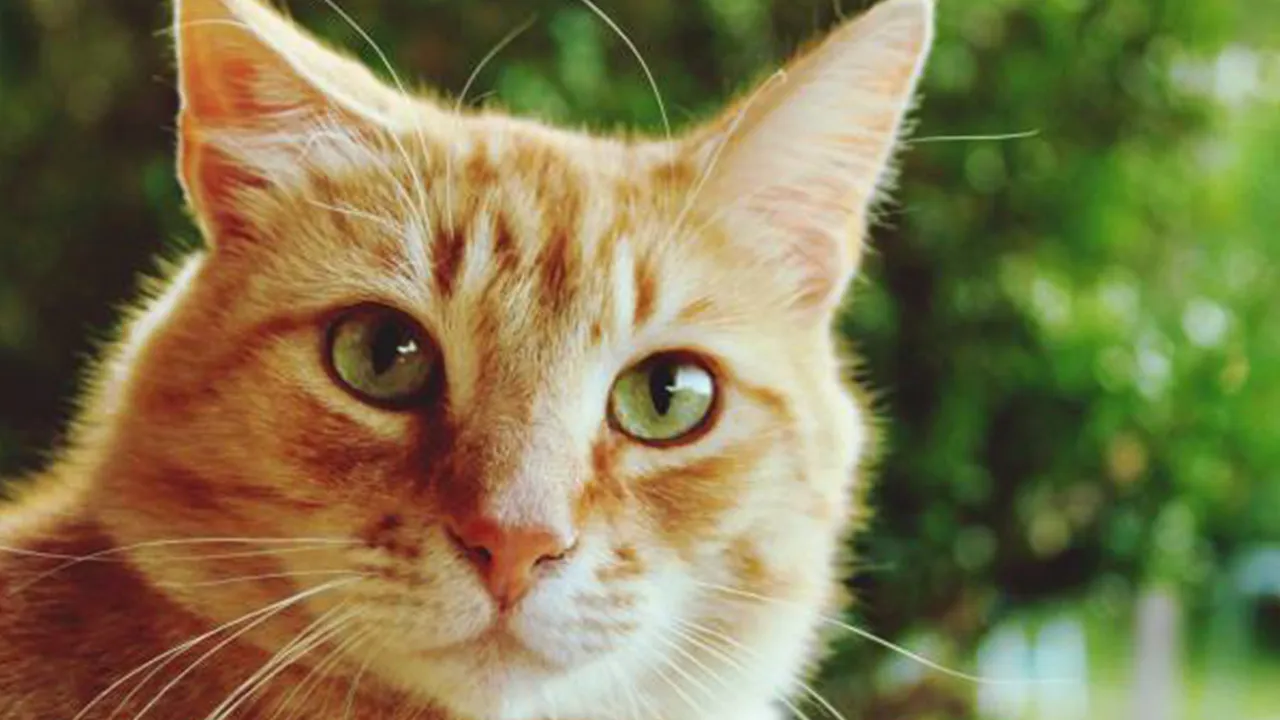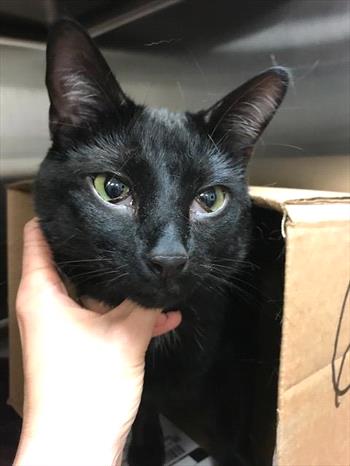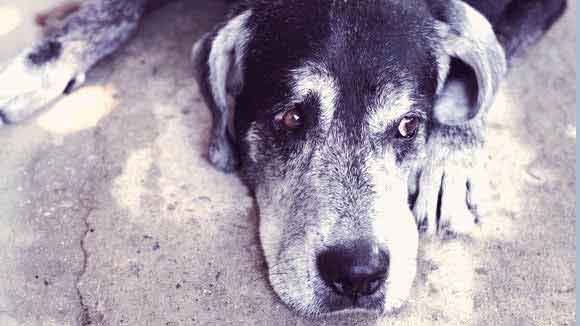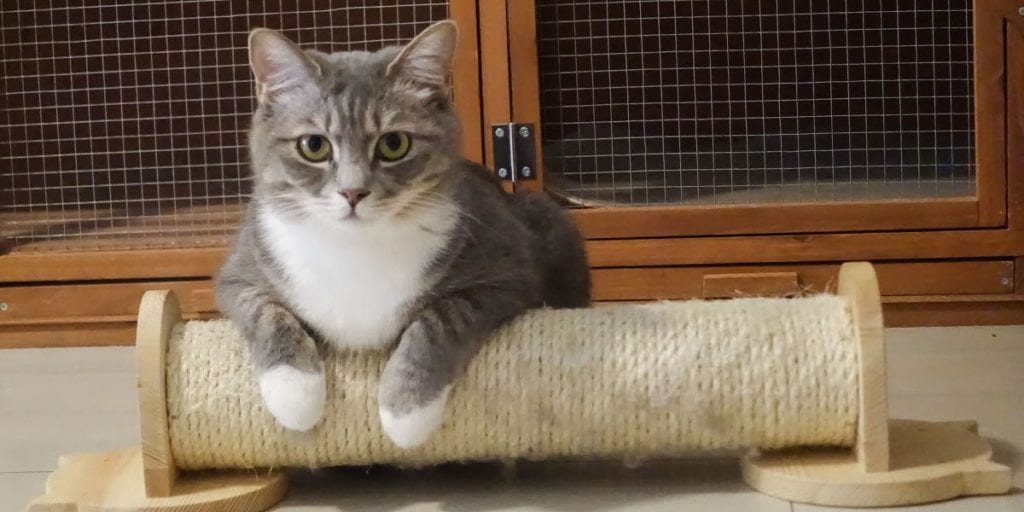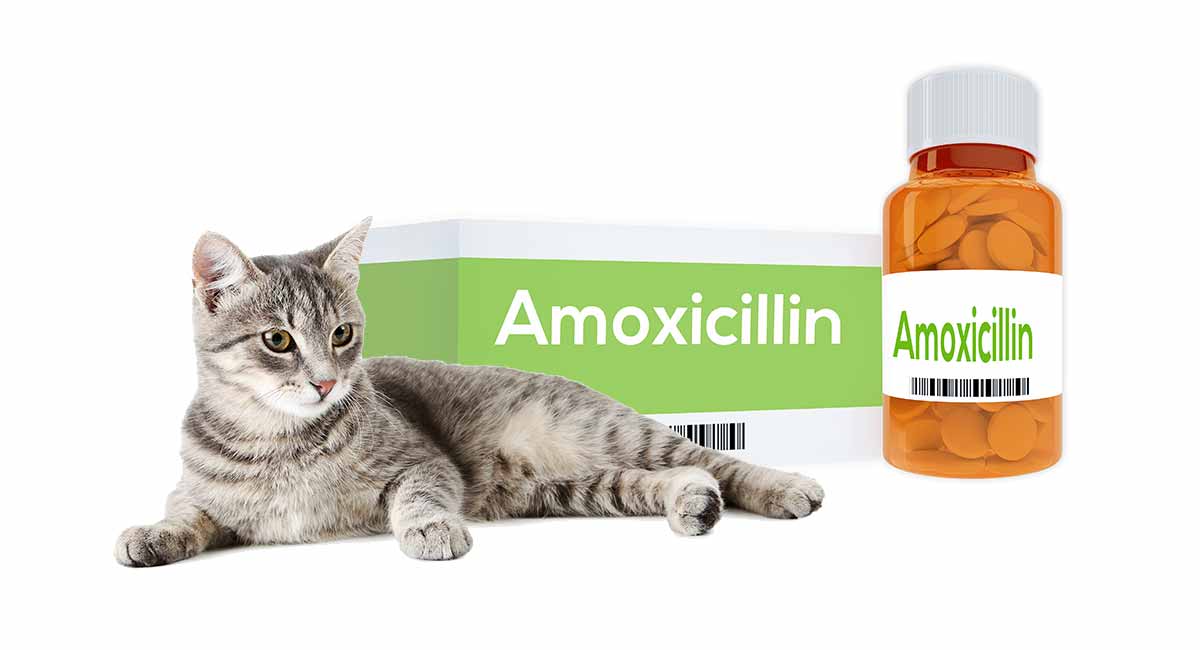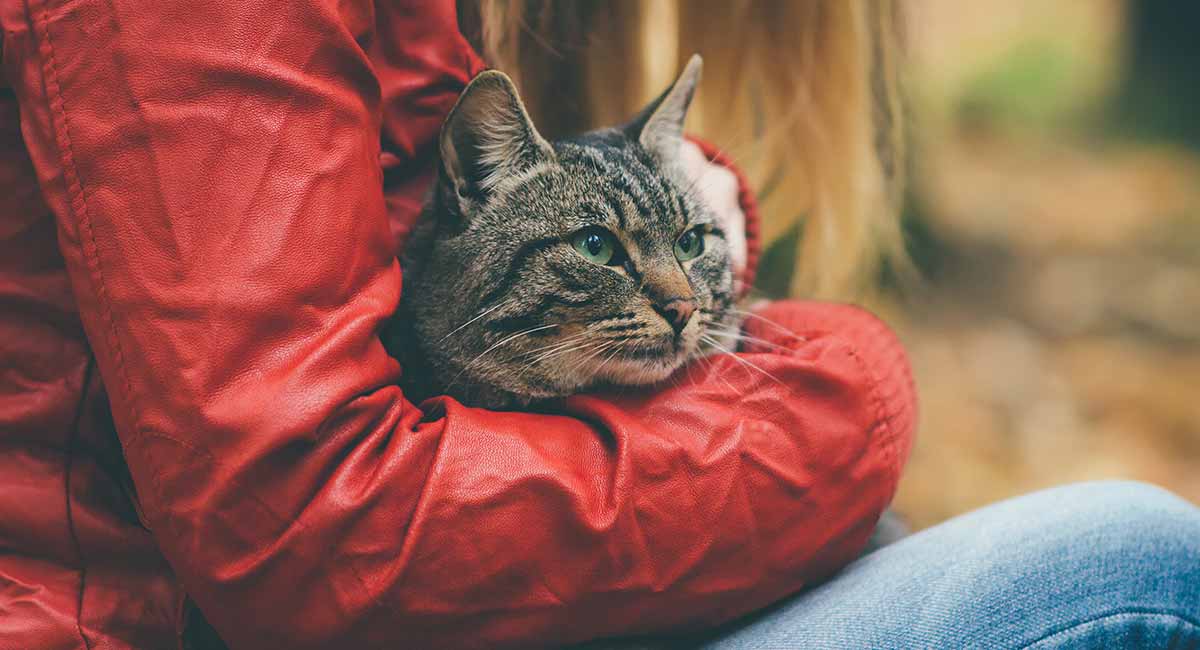A friend had pets with upper respiratory infections and said its sounds like my cats have the same thing.
Cat with upper respiratory infection won t eat or drink.
With 10 cats i can t afford to take them to a vet.
The cats appetites are still good and the cats still drink water and want cat treats.
Some of the other common symptoms may include a discharge from the nose or eyes sniffling a fever often evident by a lack of appetite a hoarse meow or no voice at all and ulcers in the mouth or on the nose.
Gently clean any discharge from its eyes and nose.
Bronchiseptica and chlamydophila felis c.
A cat with an upper respiratory infection loses some sense of smell so you may need to tempt your cat with an extra smelly treat like fish.
When your cat won t eat.
While this is a good survival skill it also means that when a cat has a stuffed up nose she will.
A sneezing cat or a coughing cat can signal an upper respiratory infection.
My cat has an upper respiratory infection and hasn t eaten since last thursday 3 jan.
He goes to the food tries to smell but is so congested he can t i am so worried.
A healthy cat needs to smell her food before eating.
Upper respiratory infections are mainly caused by viral infections however in rare cases bacterial infections may be responsible.
Cat flu or upper respiratory infection uri is a very common disease that can vary considerably in severity and on occasions can even be life threatening.
In the vast majority of cases disease results from infection with feline calicivirus fcv or feline herpes virus fhv or fhv 1.
This friend said a local feed store sells antibiotics with syringes.
An upper respiratory infection uri can be compared to a cold a person might get.
The most common viruses that cause upper respiratory infections in cats are feline herpesvirus type 1 also known as feline viral rhinotracheitis or fvr and feline calicivirus fcv while the most common bacteria that cause upper respiratory infections in cats are bordetella bronchiseptica b.
Many upper respiratory infections your vet will provide treatments for you to do at home but in cases where cats won t eat or drink or have serious breathing difficulties hospitalization may be required.
The vets have hydrated him under the skin but he can t smell and will not eat even though he tries.
Intravenous fluids may be given to prevent dehydration and oxygen therapy can be used if necessary.

